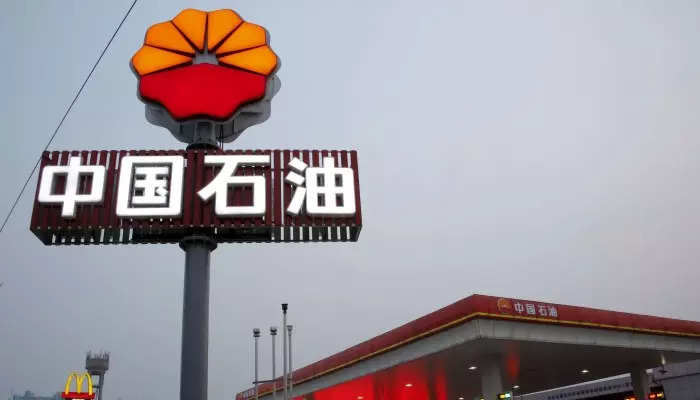
PetroChina said on Thursday that it expects Chinese refined fuel demand to rise 3% this year from pre-COVID levels in 2019 and that of natural gas to be up 5.5% from last year, after reporting a record net profit for 2022.
The top Asian oil and gas producer made the remarks on demand recovery during an earnings call on Thursday, after reporting a surge of 62.1% in net profit on Wednesday as stronger energy prices more than offset weak demand for fuel and chemicals.
PetroChina‘s net profit amounted to 149.38 billion yuan ($21.69 billion) last year, while revenue rose 24% to 3,239 billion yuan, the firm said in a filing to the Hong Kong Stock Exchange.
The state energy giant produced 2.1% more crude oil last year at 906.2 million barrels (2.5 million barrels per day), and natural gas output rose 5.8% to 4,675 billion cubic feet (bcf).
Crude oil production outside China grew 3.3% to 139 million barrels, while the company made new discoveries in Chad and Niger and extended production in Kazakhstan.
Refinery crude throughput, however, dipped 1% last year to 1,213 million barrels, or 3.32 million barrels per day, as Chinese consumption of gasoline and aviation fuel took a hard hit from Beijing’s COVID-19 control measures.
PetroChina recorded a 6.5% drop in domestic sales of gasoline, diesel and kerosene combined.
“For 2023, the global economy is expected to continue to recover but at a slower pace and there are still many unstable and uncertain factors,” PetroChina said.
Anticipating fuel demand recovery at home, the group aims to raise crude throughput to 1,293 million barrels this year, 6.6% above 2022.
PetroChina aims to produce 912.9 million barrels of crude oil and 4,888.9 bcf of natural gas this year, up 0.8% and 4.6% respectively from last year’s levels.
Capital spending is planned at 243.5 billion yuan for 2023, versus the 274 billion yuan spent last year, which was 13% higher than an earlier plan.
On new energy, PetroChina has been focusing on wind and solar power, with total capacity of new energy developed and utilised amounting to 8 million tonnes of standard coal every year, it said.
New energy is expected to make up 7% of its total output portfolio by 2025, before reaching a third by 2035, the firm added.
PetroChina aims to bring its carbon emissions to a peak by around 2025 and reach near zero emissions by 2050, ahead of China’s national target of peaking carbon by 2030 and achieving carbon neutrality by 2060.
PetroChina’s Hong Kong-listed shares were up 7.8% on Thursday, having risen 31% year-to-date, versus a 2.67% growth in benchmark Hang Seng Index

